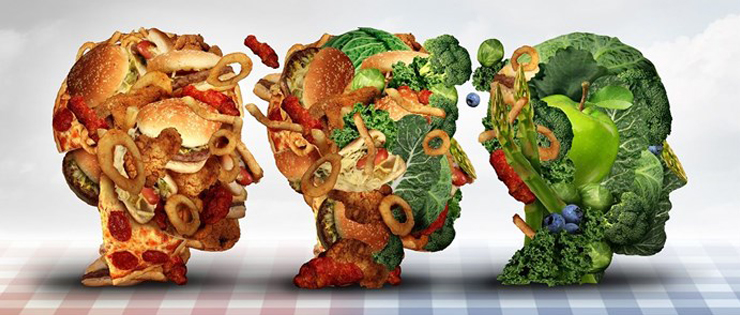
For many the lure of a new diet or program that requires a complete overhaul of your current dietary habits is of great appeal. Most commonly it sees individuals start over with a new eating plan, one that requires them to buy a whole new range of food supplies; spend hours in the kitchen planning and preparing meals before following this new idealised program for a few days or weeks before throwing it all in and returning to old habits and patterns.
It may come as a surprise but simply opting for consistency with your diet, and making some powerful but subtle dietary changes to your daily food regimes can have a much more powerful impact on your diet, your health and your weight than you could imagine. In this instance, consistency is the key, a consistent reduction in calories that you will not even notice but a change that will yield significant results long term.
Change your coffee order
You may enjoy your coffee, and indeed there are health benefits associated with regular coffee intake but the extra milk you are drinking with it is probably not doing you any favours. Simply swapping to a small or piccolo style coffee will slash your calories whilst still giving you a daily caffeine hit.
Change your lunch time
Forget lunch at 2 or 3pm, the earlier you have your lunch the better it is for your metabolism. Not only will stopping for a substantial lunch earlier in the day help to prevent overeating later in the day, but it is also likely to stop late morning snacking which many of us fall victim to and overdo the coffee, yoghurt, biscuits and cake.
Change your bread
While Turkish bread and Sourdough and even wraps are readily available, they are packed full of carbs with the average serve of Turkish or Lebanese bread containing up to 60-80g of total carbs per serve or the equivalent of 4-6 slices of small slices of bread. Get fussy with your choice of bread and look for small slices of grain-based breads or even the lower carb breads that are now available.
Change the way you look at dinner
Long gone are the days when breakfast was at 7am, lunch at 12pm and dinner at 6pm, rather dinner is more likely to be at 8 or 9pm, if we are lucky. Late night eating means that we need lighter options so if dinner is routinely later in the evening at your house; it is time to rethink dinner as a light meal not the main meal of the day. The later the dinner, the lighter it needs to be, so think soups, salads and light grills at night and enjoy your main meal at lunchtime.
Change the way you look at snacks.
More sedentary lifestyles mean that many of us need fewer calories which in turn may mean we do not need to snack as often as we think we do. Keep in mind that we need at least 3-4 hours in between meals and snacks which means for many of us there is no need for morning tea, and perhaps one light 100-200 calorie snack late afternoon. In turn this may mean that you are more likely to eat substantial filling meals rather than nibbling and grazing all day which can disrupt hunger signals and lead to overeating.